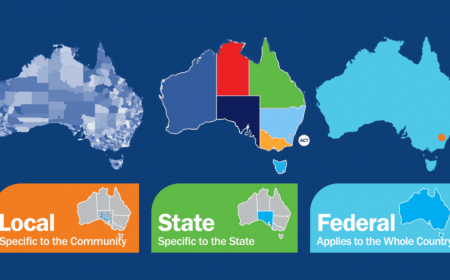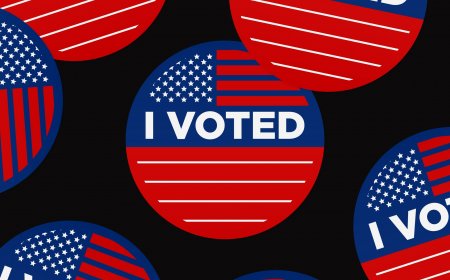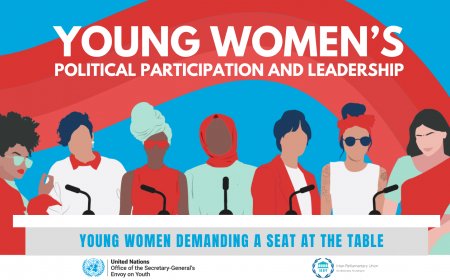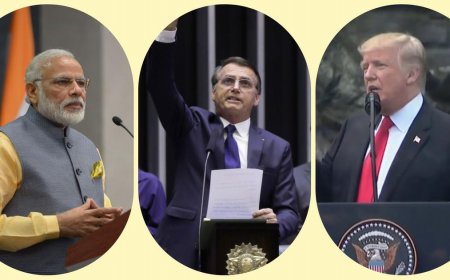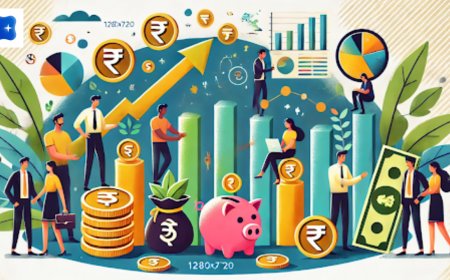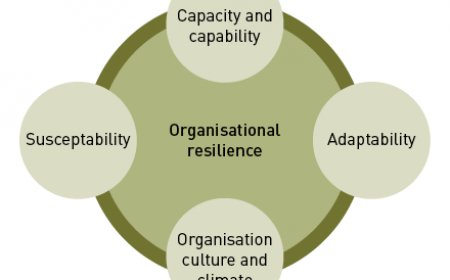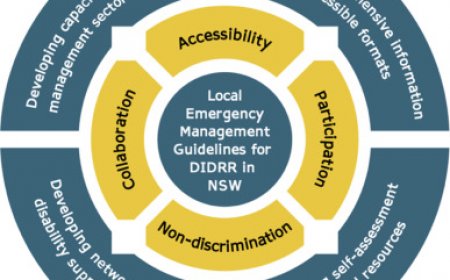Global Elections: Election Fraud Allegations and Legal Battles
Discover how election fraud allegations and legal battles impact global elections. Learn about their causes, consequences, and solutions to ensure fair and transparent democratic processes.
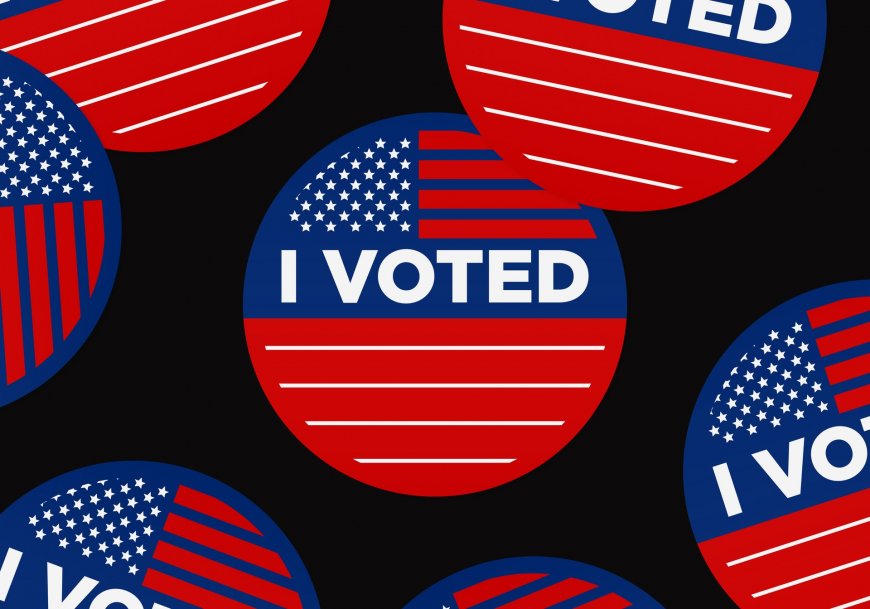
Elections are the cornerstone of democracy, serving as a mechanism for citizens to choose their leaders and shape the future of their nations. However, the integrity of electoral processes is often called into question through allegations of fraud, sparking contentious legal battles that can destabilize political systems. This article examines the phenomenon of election fraud allegations and the subsequent legal battles , exploring their causes, consequences, and implications for democratic governance worldwide.
Understanding Election Fraud Allegations
Election fraud refers to illegal interference with the electoral process, undermining its fairness or legitimacy. While some allegations are based on verifiable evidence, others stem from unsubstantiated claims or politically motivated narratives. Regardless of their validity, these accusations have profound effects on public trust and institutional stability.
Types of Election Fraud
Fraudulent activities during elections can take various forms:
- Voter Suppression : Tactics such as purging voter rolls, imposing strict ID requirements, or reducing polling stations disproportionately affect marginalized groups.
- Ballot Tampering : Altering or destroying ballots to manipulate results.
- Vote Buying : Offering money, goods, or services in exchange for votes.
- Misinformation Campaigns : Spreading false information about voting procedures, dates, or candidates to confuse voters.
- Cyberattacks : Hacking into voter databases or election infrastructure to alter outcomes.
- Impersonation : Individuals casting votes under false identities.
Causes of Fraud Allegations
Several factors contribute to the rise of fraud allegations:
- Polarization : Deep divisions within societies create fertile ground for distrust, with losing parties quick to cry foul.
- Technological Vulnerabilities : The increasing reliance on electronic voting systems introduces risks of hacking and glitches.
- Media Influence : Sensationalist reporting amplifies suspicions, while social media spreads unverified claims rapidly.
- Weak Institutions : In countries with fragile electoral bodies, allegations proliferate due to perceived lack of oversight.
"Allegations of fraud, whether true or false, erode confidence in democratic processes unless addressed transparently."
Legal Battles: Contesting Electoral Outcomes
When fraud allegations arise, they often lead to protracted legal disputes. These battles involve courts, electoral commissions, and other oversight bodies tasked with resolving disputes and upholding the rule of law.
Key Stages of Legal Challenges
- Filing Complaints : Parties alleging fraud submit petitions detailing irregularities and requesting remedies, such as recounts or annulments.
- Evidence Presentation : Courts evaluate submitted evidence, including affidavits, expert testimonies, and forensic analyses.
- Judicial Rulings : Judges issue decisions based on legal merits, which may affirm, overturn, or modify election results.
- Appeals Process : Unresolved cases proceed to higher courts, prolonging uncertainty and tension.
Notable Examples of Legal Battles
- United States (2020 Presidential Election) : Following Joe Biden's victory, former President Donald Trump and his allies filed numerous lawsuits alleging widespread voter fraud. Most claims were dismissed due to insufficient evidence, but the controversy fueled ongoing polarization.
- Kenya (2017 General Election) : After Uhuru Kenyatta’s re-election, opposition leader Raila Odinga challenged the result, citing irregularities. The Supreme Court nullified the outcome, ordering a fresh vote—an unprecedented move in Africa.
- Mexico (2006 Presidential Election) : Andrés Manuel López Obrador contested Felipe Calderón’s narrow win, alleging ballot tampering. Despite mass protests, Mexico’s electoral tribunal upheld the original result.
Consequences of Fraud Allegations and Legal Battles
The repercussions of these disputes extend far beyond individual elections, impacting governance, societal cohesion, and international relations.
1. Erosion of Public Trust
Repeated allegations without credible evidence diminish faith in electoral systems. Citizens become cynical, leading to lower turnout and disengagement.
2. Political Instability
Contested results often spark protests, violence, or even coups. For example, Kenya’s 2007 post-election crisis resulted in over 1,000 deaths and displaced hundreds of thousands.
3. Polarization
Fraud accusations deepen divides between supporters of opposing sides, making compromise difficult. This polarization hinders policymaking and weakens democratic norms.
4. International Repercussions
Foreign governments and organizations scrutinize disputed elections closely. Sanctions, aid suspensions, or diplomatic isolation may follow if fraud is proven or widely suspected.
5. Judicial Overreach Concerns
Excessive reliance on courts to resolve disputes raises questions about judicial independence and capacity. Judges face immense pressure to deliver swift yet fair verdicts amidst intense scrutiny.
Preventing Fraud and Addressing Allegations
To mitigate the risk of fraud and manage allegations effectively, governments and stakeholders must adopt comprehensive measures.
1. Strengthening Electoral Frameworks
- Implement robust safeguards, such as biometric voter verification and paper trails for electronic voting machines.
- Ensure transparency in vote counting and result transmission.
2. Enhancing Oversight
- Empower independent electoral commissions with adequate funding and authority.
- Engage civil society organizations and international observers to monitor elections.
3. Promoting Media Literacy
- Educate citizens to discern credible news sources from misinformation.
- Hold platforms accountable for spreading false narratives.
4. Encouraging Dialogue
- Facilitate negotiations between contesting parties to prevent escalations.
- Establish mediation mechanisms to address grievances promptly.
5. Enforcing Accountability
- Prosecute proven instances of fraud rigorously to deter future misconduct.
- Protect whistleblowers who expose wrongdoing.
Global Perspectives on Election Fraud and Legal Battles
Different regions experience unique challenges related to election fraud and legal contests, reflecting varying levels of institutional strength and democratic maturity.
North America: Hyper-Polarization Fuels Disputes
In the U.S., hyper-partisanship exacerbates tensions, with allegations frequently weaponized for political gain. While the judiciary generally maintains impartiality, sustained attacks on its legitimacy threaten long-term stability.
Sub-Saharan Africa: Fragile Democracies Test Resilience
Countries like Nigeria and Zimbabwe grapple with entrenched corruption and limited resources, complicating efforts to conduct free and fair elections. However, regional blocs like the African Union increasingly intervene to uphold standards.
Asia: Authoritarian Influences Undermine Fairness
In nations like Cambodia and Thailand, ruling elites manipulate electoral rules to suppress opposition. Fraud allegations rarely succeed in court, reinforcing authoritarian tendencies.
Latin America: Mixed Progress Amid Challenges
While countries like Brazil and Argentina have relatively strong institutions, others, such as Venezuela, suffer from blatant manipulation. Regional cooperation remains critical to addressing disparities.
Conclusion: Upholding Democratic Integrity
Election fraud allegations and ensuing legal battles pose significant threats to democratic governance. By strengthening electoral frameworks, fostering dialogue, and ensuring accountability, societies can safeguard the integrity of their electoral processes. Transparent and inclusive systems not only restore public trust but also reinforce the foundational principles of democracy itself.
FAQs
-
What constitutes election fraud?
- Activities like voter suppression, ballot tampering, vote buying, and misinformation campaigns undermine electoral integrity.
-
How do fraud allegations impact elections?
- They erode public trust, polarize societies, and sometimes trigger protests or legal disputes.
-
Can courts resolve election disputes fairly?
- Courts play a crucial role, but excessive reliance on them risks undermining judicial independence and capacity.
-
Which countries have faced major election fraud controversies?
- Examples include the U.S. (2020), Kenya (2017), and Mexico (2006).
-
How can technology combat election fraud?
- Innovations like blockchain, biometrics, and real-time monitoring enhance transparency and security.
-
Why do losing parties often allege fraud?
- To delegitimize opponents’ victories, rally supporters, or justify non-compliance.
-
What role does international observation play?
- Observers provide impartial assessments, deterring misconduct and validating results.
-
How does misinformation fuel fraud allegations?
- False narratives spread via social media amplify suspicions, complicating resolution efforts.
-
Are legal battles always detrimental to democracy?
- Not necessarily; when resolved fairly, they reinforce accountability and adherence to the rule of law.
-
What steps can prevent election fraud?
- Strengthening oversight, educating voters, enforcing laws, and promoting dialogue.
What's Your Reaction?
 Like
0
Like
0
 Dislike
0
Dislike
0
 Love
0
Love
0
 Funny
0
Funny
0
 Angry
0
Angry
0
 Sad
0
Sad
0
 Wow
1
Wow
1



